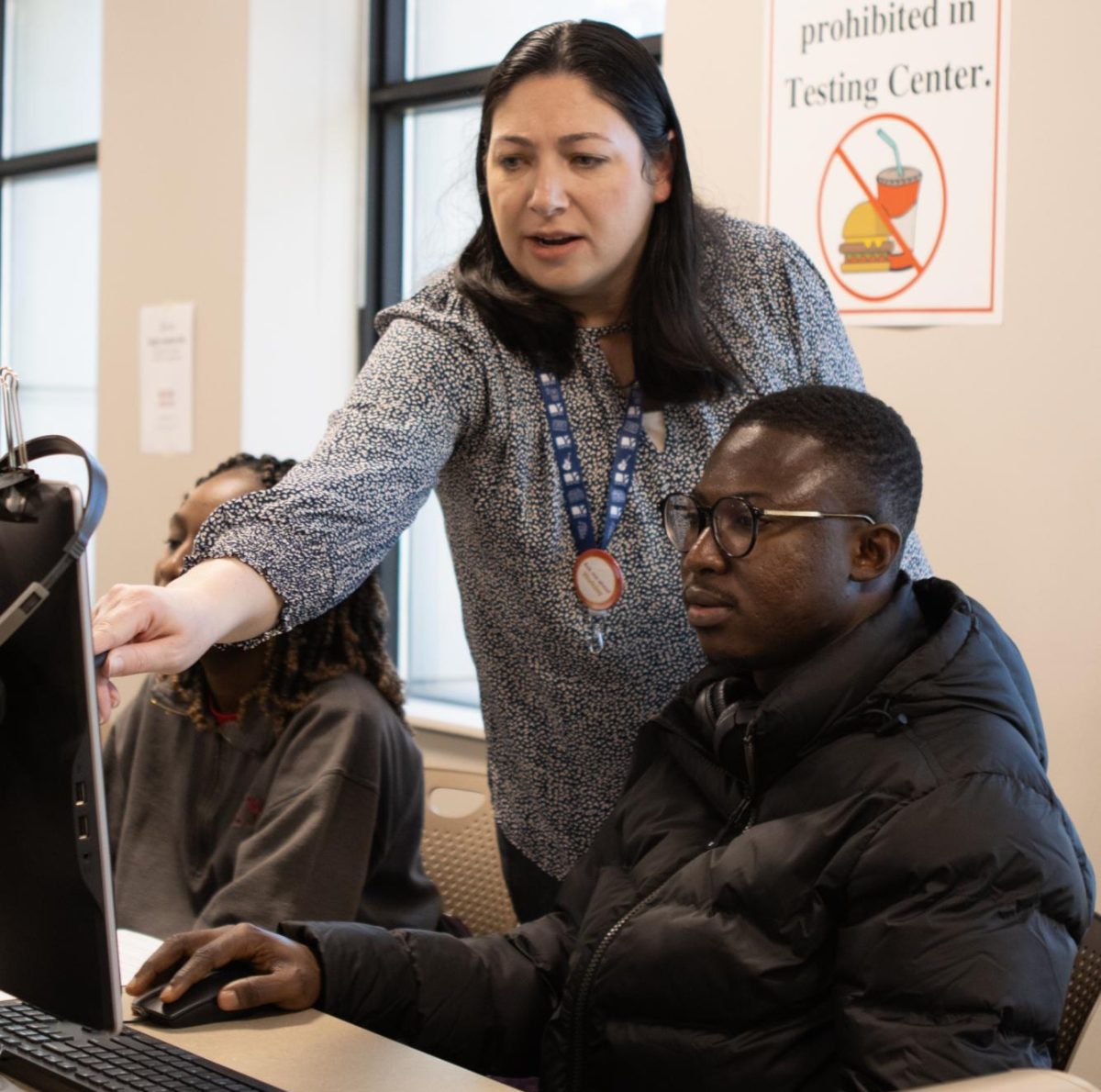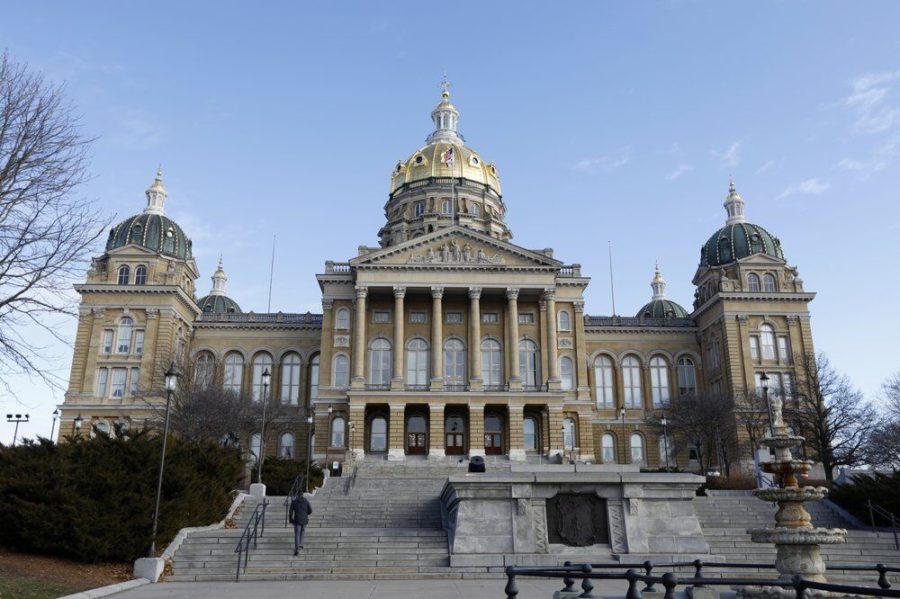Bush promotes voluntary efforts toward clean air
June 7, 2007
One nation, leading the way for 15.
That’s President Bush’s plan for reducing global warming.
The plan highlighted the 15 major countries responsible for 80 percent of the world’s greenhouse gas emissions and urged them to set goals for the future. Posing no direct sanctions, it did call for other countries to get rid of tariffs on technologies promoting clean air.
His goals also included a creating a new plan after the Kyoto Protocol disappears in 2012. All of this will be discussed at the G8 Summit, a world meeting on global warming, in Germany.
Gene Takle, interim director of agronomy and geological and atmospheric sciences, said Bush is promoting voluntary methods of reducing greenhouse gasses – and these methods have not worked well in the past.
“I don’t think he is calling the 15 countries to get together on meaningful measures,” Takle said.
In the past, the Bush administration has promoted reducing greenhouse gas intensity, Takle said. This means reducing greenhouse gas emissions compared to economic output expressed in gross domestic product. Reducing intensity meant promoting efficiency, helped by technologies that reduce greenhouse gasses. Globally, this has not happened.
“What’s happened is that efficiency globally has not gone up,” Takle said. “This is making our options less than five years ago.”
Bush has had a modest change in outlook, but Takle doesn’t see any evidence of changing the plan of voluntary measures to fix the problem.
Elwynn Taylor, professor of agronomy, has no problem with the United States taking the reins in this issue.
“I think it never hurts to have some leadership in the nation,” Taylor said. “We’re leaders, let’s lead.”
The nation is in better shape than 20 years ago for some fuel choices, Taylor said.
“It can be profitable now to generate power from wind,” he said.
Taylor also said without regulations, the government should help the economic development of alternative sources of fuel, such as biofuels. It is basically the same if the government uses economic desirability as an incentive or regulations as deterrents, Taylor said.
Taylor also said the United States can do things to further push against global warming.
“Education is the primary approach,” Taylor said. “Education will help people make wise decisions about the energy they use.”
















